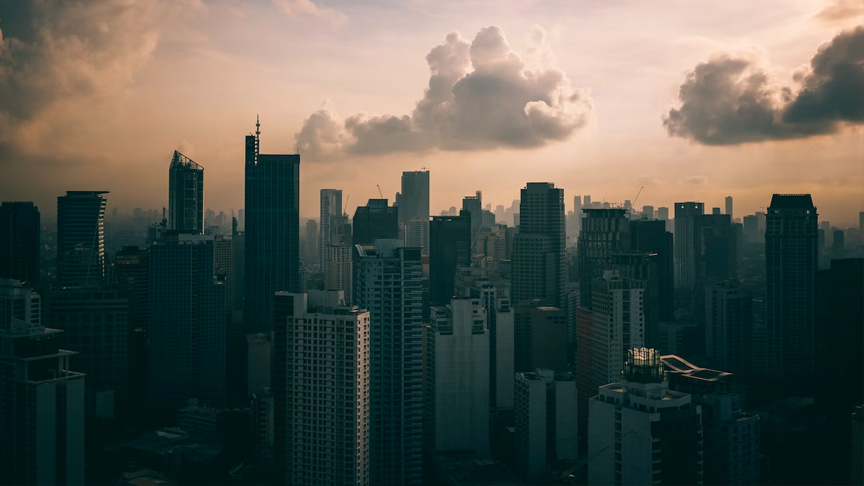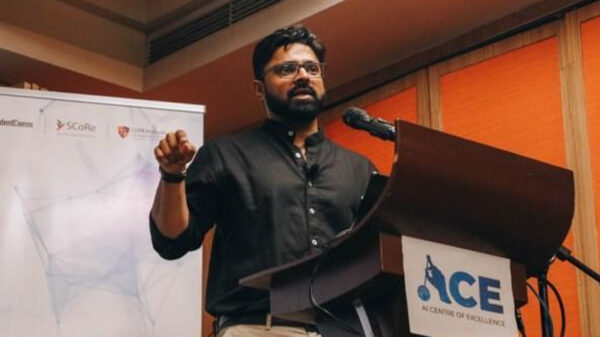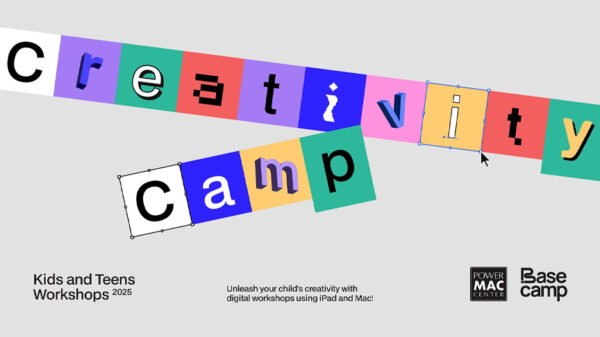There is a general consensus among startup industry players that the Philippines is entering a golden age for startups. Since 2019, the Philippine ecosystem has grown in both deal value and volume, with total capital raised by Philippine startups amounting to an estimated $437 million in the first half of 2021. Interest and investments in the industry have surged, and the Philippines has become an increasingly active destination for startups.
The Philippines has seen a consistent rise in both Global City and Country startup ecosystem rankings since 2019. According to the 2022 Philippine Venture Capital Report, Metro Manila remains to be the most active startup ecosystem in the country and ranks among the top 20 startup ecosystems in the Asia Pacific region.
“The Philippine startup landscape is now ripe for disruption and innovation—and I’m not just talking about the country’s capital,” said Katrina Rausa Chan, Executive Director of QBO Innovation Hub, one of the pioneering forces behind the startup industry in the Philippines. “Not only is there great startup potential beyond Metro Manila’s borders, but also the opportunity to reach out to women anywhere in the Philippines who are interested in stepping into the industry. This is something founders and investors need to consider moving forward.”
Going beyond the borders of Metro Manila
One of the biggest challenges of the Philippine startup ecosystem is the notion that the local startup community is solely centered in the country’s capital. There is this thinking that businesses founded in Metro Manila have a better chance at surviving and that there is an extremely limited network of mentors and resources outside of it.
Data from recent years continues to disprove this notion. In 2021, four other Philippine cities have made it to the Global City ranking. Cebu City and Cagayan de Oro have been consistent contenders along with Metro Manila, while Davao City and Baguio City were welcome newcomers to the list. In addition, the 2022 Philippine Venture Capital Report has observed the rise of startup founders outside of Metro Manila, especially in the past three years.
“We are now witnessing a new age in startups. There are strong and capable founders from places all over the country, such as the Visayas region,” said Chan. “It is true that movement in the ecosystem was concentrated on Metro Manila. However, the Philippine startup landscape is much bigger than that. It is time we put the spotlight on the founders from across the country who are creating solutions for these nuanced and underserved markets.”
Bridging gaps and addressing nuances in local startup ecosystems
There are 147 cities across 18 regions in the Philippines—33 are highly urbanized, five are independent component cities, and the rest component cities of their respective provinces. All these cities are unique, with diverse sets of needs, challenges, and opportunities.
“I think there is a lot of untapped potential among regional startups, and this is something I believe incubators can help address,” said Chan. “Regional startup incubators can serve as platforms for talent and ecosystem development outside the capital region, bridge the gaps in connecting founders to resources, and be the base for startup innovation—and we believe that partnering with educational institutions can further this movement.”
Both education and connectivity play a major role in building a better startup ecosystem. While there is a rise in startups outside Metro Manila, there is still a need to improve the current resources and networking within each region, and educational institutions have become a key player in providing access to both. QBO Innovation Hub further boosts this with its QBOx(Cities) program, then continues to add another layer of support for female founders through Startup Pinay—an initiative that equips women in the tech and startup industry with the right tools and resources to succeed.
Over the past years, QBO Innovation Hub has been going around the Philippines to promote technology development, innovation, and entrepreneurship awareness in grassroots communities for a stronger and more inclusive Philippine Startup Ecosystem. As the organization is on its fifth national roadshow, it has visited Baguio, Batangas, Bohol, Cagayan De Oro, Davao, Iloilo, and Nueva Ecija to further grow and strengthen the local startup landscape and rally key ecosystem stakeholders to support Filipino innovators in navigating the road ahead.
“Our mission to support Filipino founders outside Metro Manila extends to Filipino women who are interested in the startup space,” said Chan. “In this QBOx(Cities) program, we are connecting regional startup founders and looking for female founders who need to amplify their voice. It’s an added layer, but one that we find necessary.”
The program aims to tackle pressing concerns and challenges local founders may be experiencing. By partnering with local institutions—from incubators to schools—QBO provides a platform for the local community to get immersed in the vibrant and thriving Philippine startup ecosystem, gathers local stakeholders to meet and exchange insights with founders and enablers and discuss potential collaborations to strengthen and develop the startup scene. Once registered through either QBO or its local partner’s signup page, the program opens up the opportunity to showcase the community, its existing strengths, and its potential to be an active startup hub.
“One of the hardest challenges for startup ecosystems across the country is to improve the diversity of founders and its markets. It is important to intentionally design for underserved markets and lean into cultural nuances, relationships, and behaviors,” said Chan. “Once these founders are equipped with the right resources and network to address nuances, gaps, and demands in their local markets, we can only expect an even larger growth not just in Metro Manila, but throughout the entire country. ”










































































































